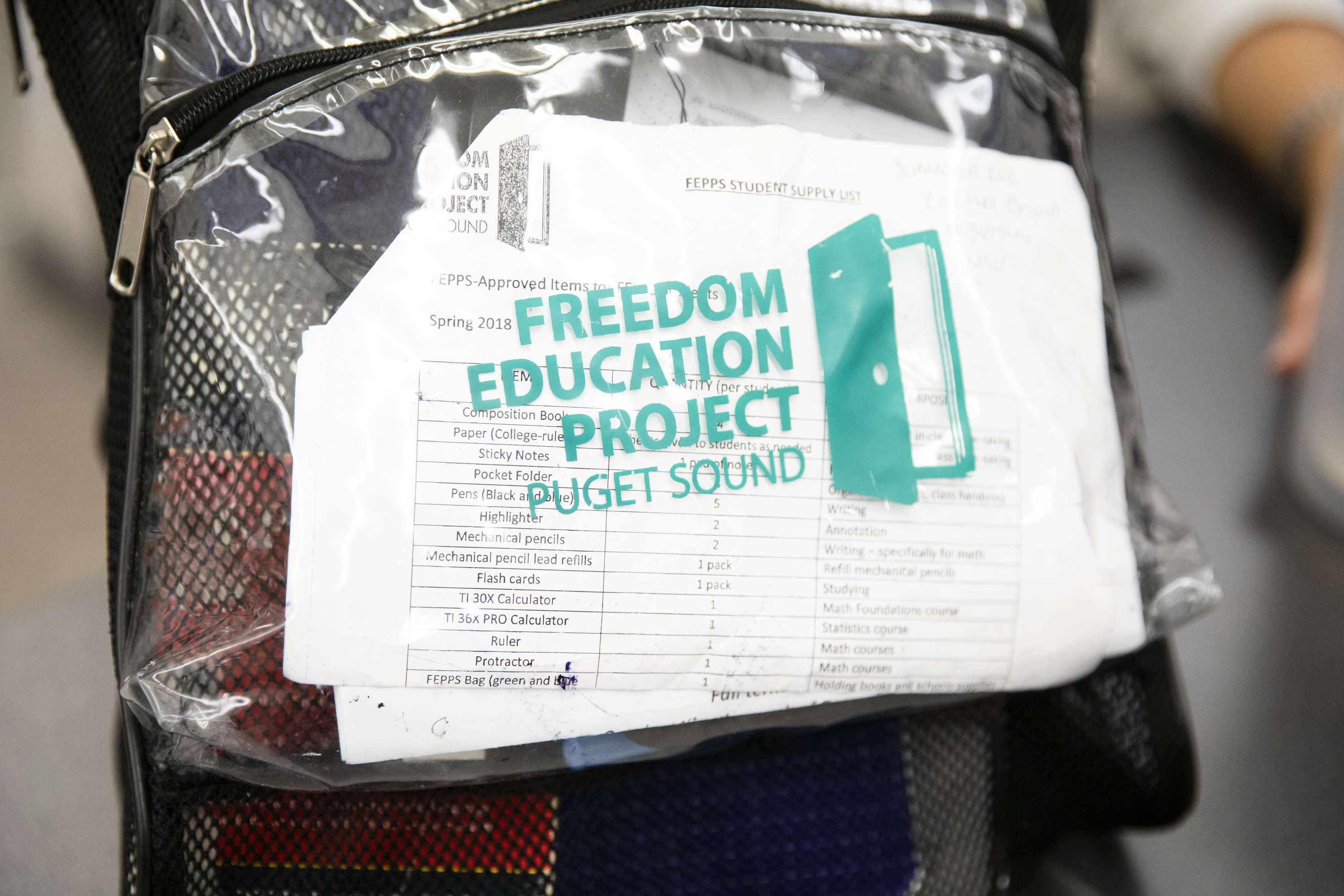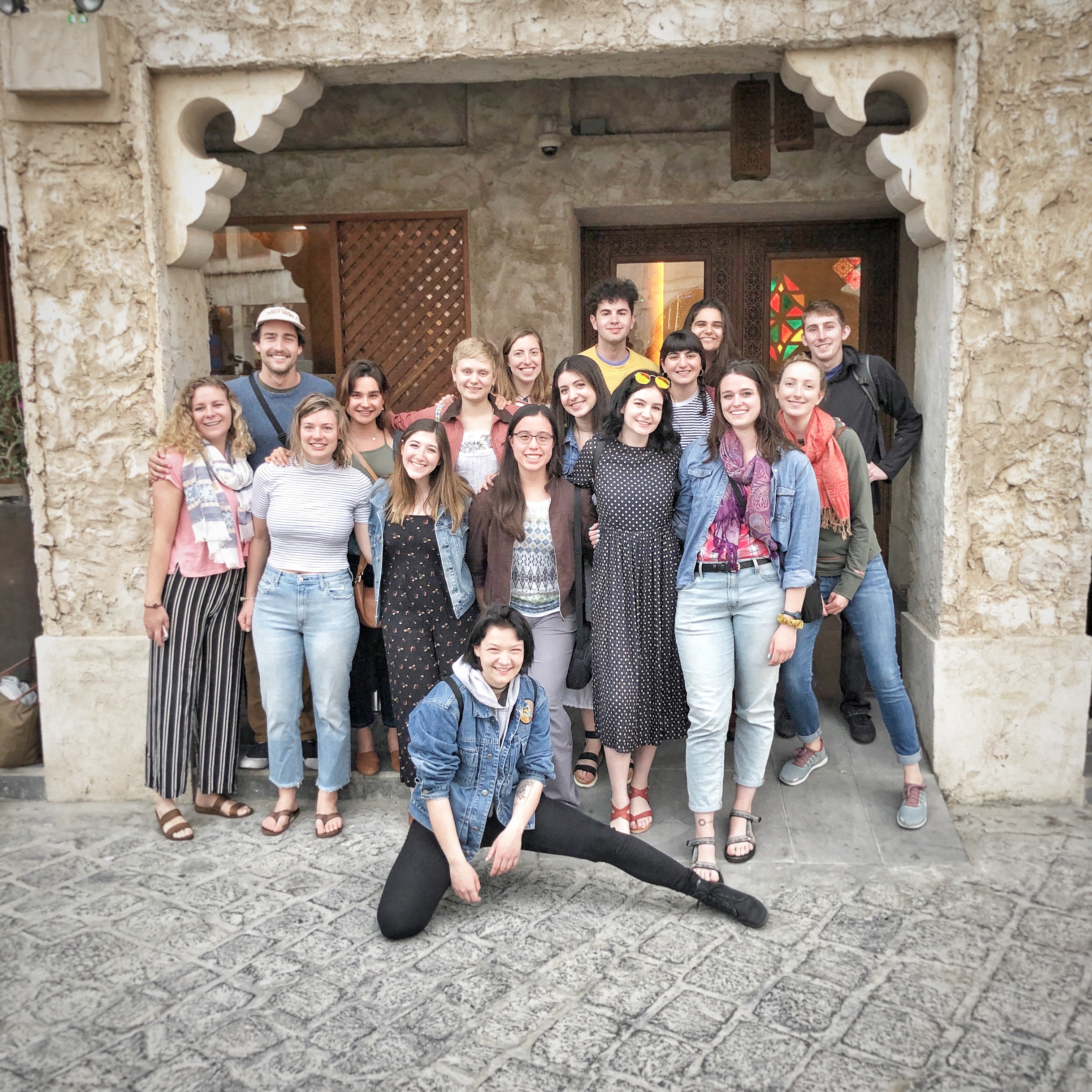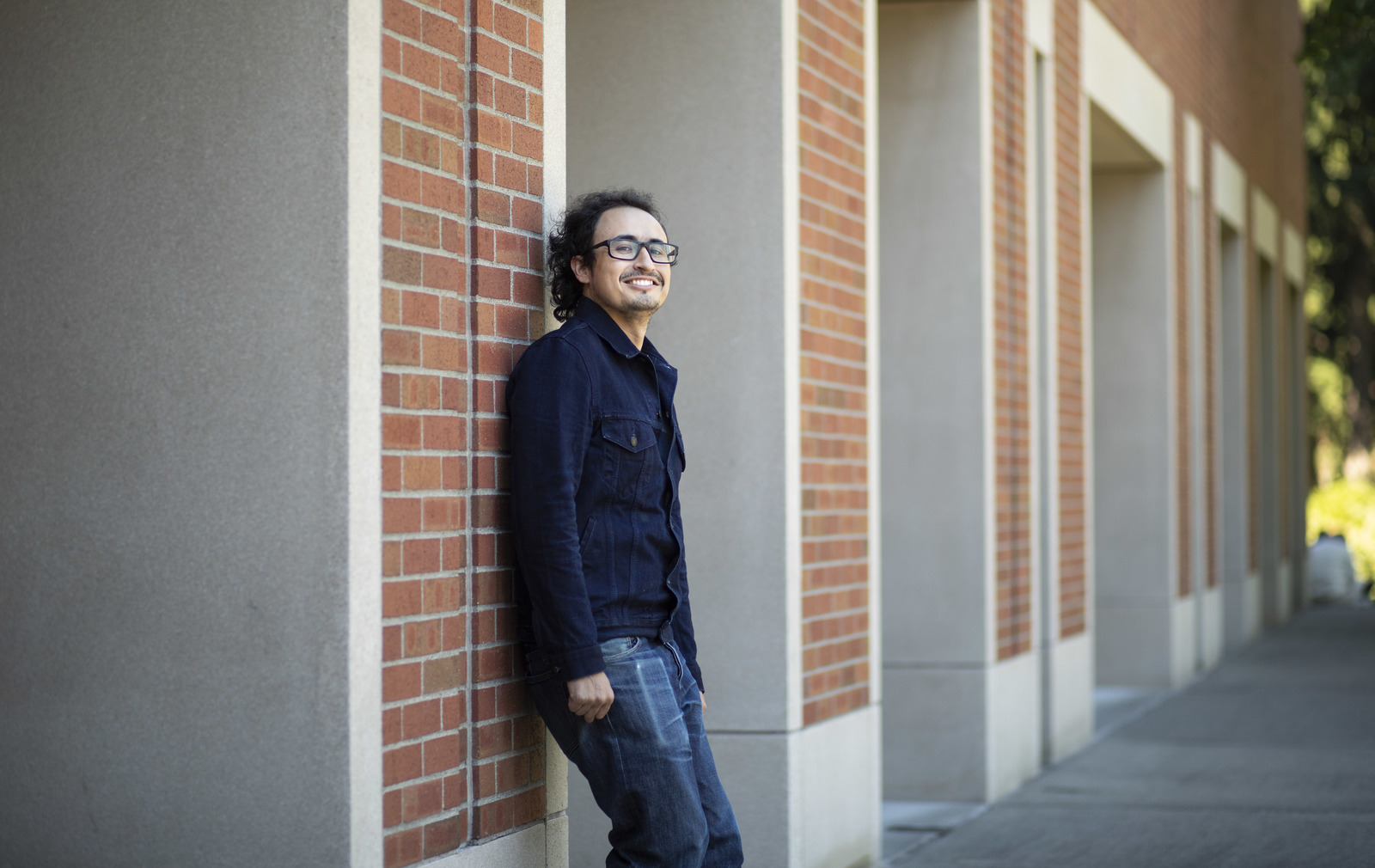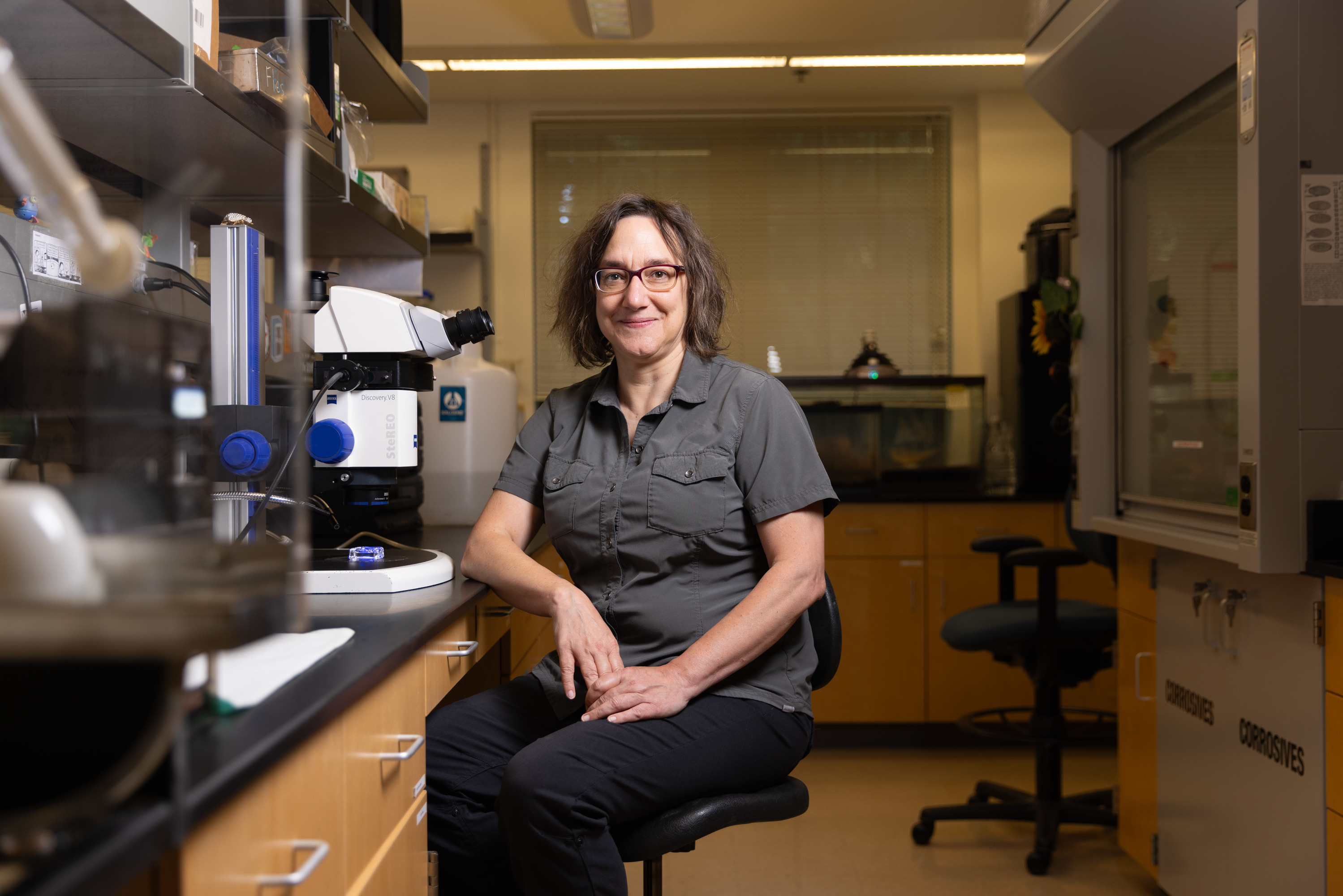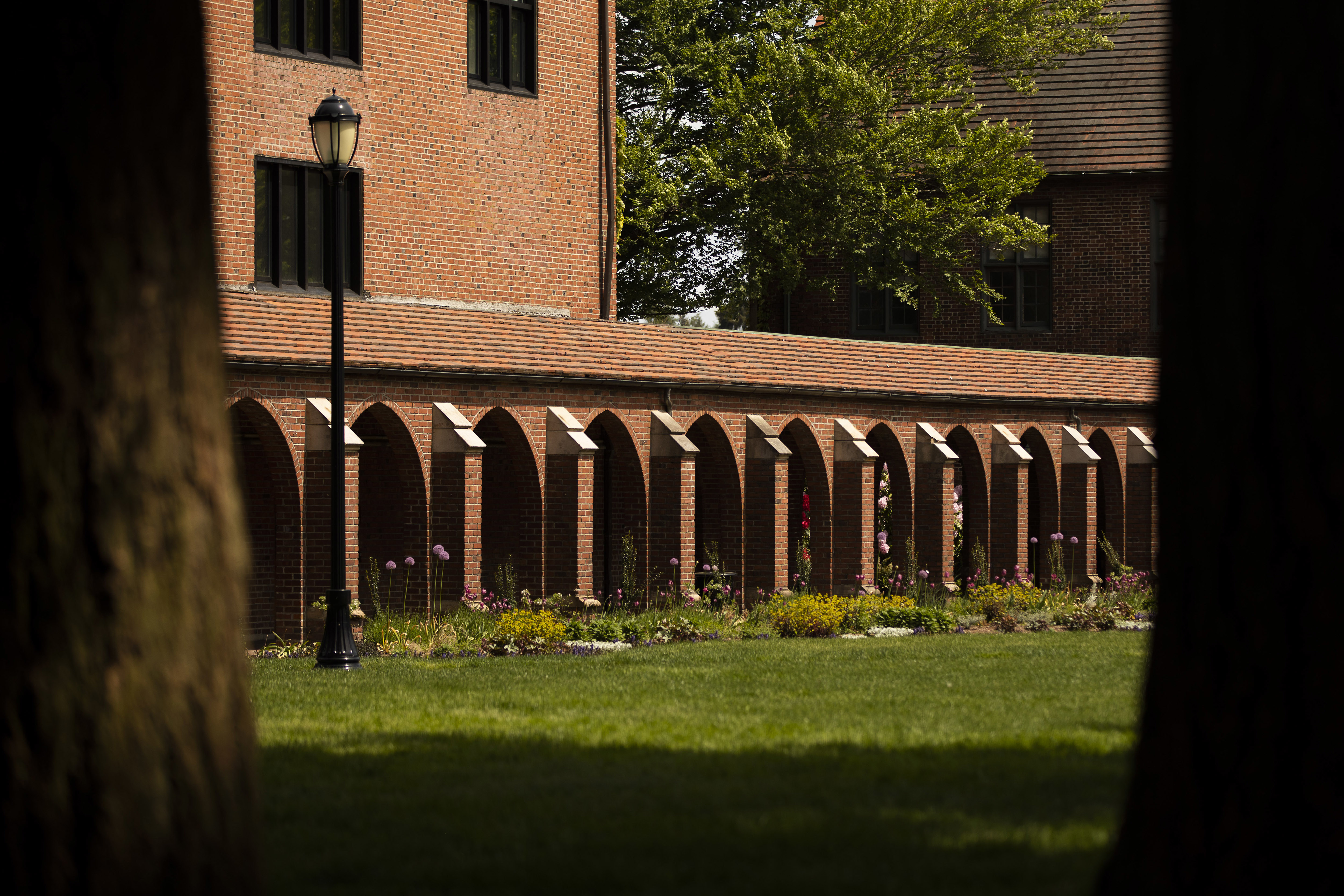Tacoma, Wash. — Tanya Erzen, associate professor of religion, spirituality, and society and director of crime, law, and justice studies and gender and queer studies, has been awarded a National Endowment for the Humanities (NEH) Public Scholars grant for $60,000. The NEH Public Scholars program supports nonfiction authors in producing well-researched books for a broad public audience. Erzen's project, titled "Runaways, Delinquents and Unruly Girls: The Long History of Imprisoning Girls 1910 to the Present," delves into the experiences of incarcerated girls, filling a critical gap in our understanding of the punitive measures imposed on girls. She received additional funding from a Mellon Foundation Northwest Five Engaged Humanities grant to support her research.
“I hope that by telling the stories of young people who were incarcerated in Washington, starting as early as 1913, that we can see how little has changed in our juvenile carceral systems, and that prisons do not heal or address trauma,” Erzen said. “We need alternatives to the systems we have in place that are focused on helping people thrive rather than punishing them.”

Erzen is also the executive director of the Freedom Education Project Puget Sound (FEPPS), a college program for people at the Washington Corrections Center for Women. Her research is based on two years of extensive work in the Washington State Archives, meticulously digitizing hundreds of files from the Department of Institutions. The study forms the bedrock of her work, allowing her to unearth the hidden stories of young girls caught in the web of the justice system. By sifting through historical records, Erzen highlights the harsh realities these girls faced while highlighting their moments of joy, resilience, and rebellion.
"Runaways, Delinquents and Unruly Girls" will not only shed light on the harsh realities of incarceration but also highlight resilience, friendships, first loves, runaways, and moments of joy and rebellion. It works to restore humanity to those often classified as delinquents, thieves, prostitutes, "schizoids," and criminals. Erzen's research on youth incarceration has also shed light on the importance of including prison scholars in the conversation, as they have unique perspectives that can help better understand and address the issues.
“There are so many excellent scholars and researchers in prison, and I wanted them to be able to investigate the histories of the carceral spaces where they reside because they bring different insights and perspectives than a faculty member or outsider would have,” Erzen said.
To learn more about Erzen and the FEPPS program, visit www.pugetsound.edu/directory/tanya-erzen.
